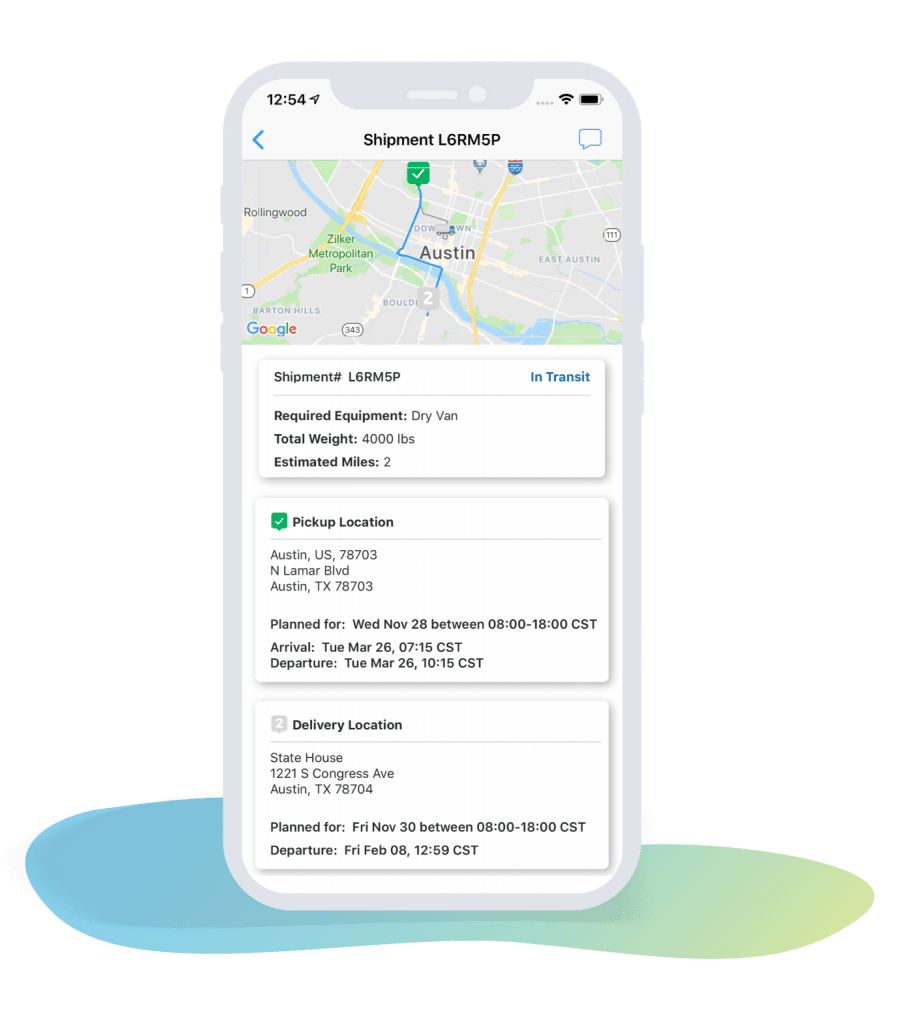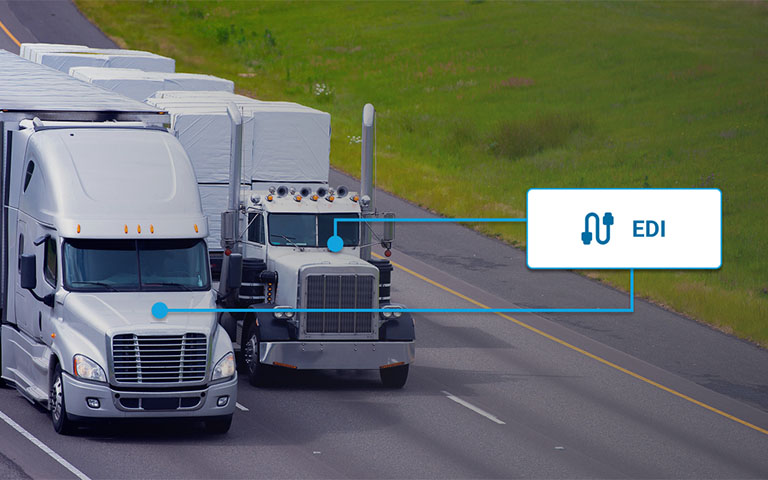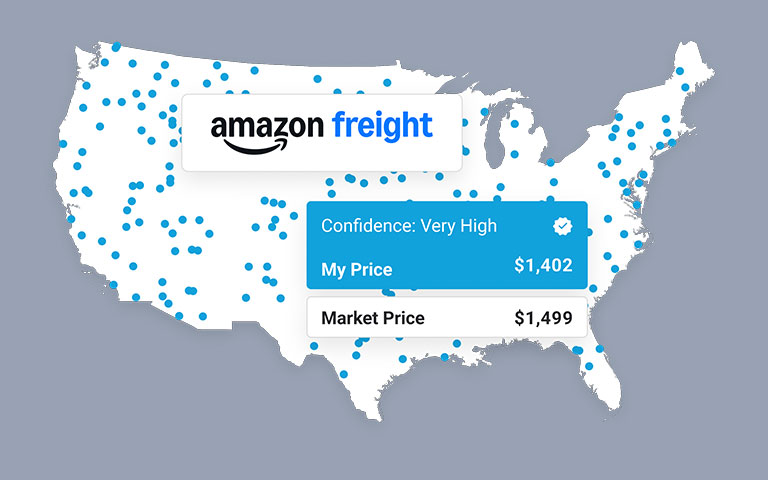What Happens When Cell Carriers Shut Off Pinging

Recent news has surfaced that major cellular phone companies have been selling real-time location data to third parties. Cell tracking is a positioning process that locates phones by triangulation of cell towers in a cellular network.
This is problematic because cell phone locations and by proxy, the user, can be accessed by anyone who has the money. While we do have cell tracking abilities, we commit ourselves to solely tracking the duration of a shipment and aren't selling any carrier data to third parties.
A group of senators is now calling on the Federal Communications Commission (FCC) and Federal Trade Commission (FTC) to discover how these telecoms share such data. Now the major cellular networks are making that data unavailable to third parties.
This presents a major challenge in the freight industry to adapt -- or fail -- and continue delivering real-time tracking to ensure customer delight. The cell phone ping-based tracking method could be obsolete as early as March 2019.
Getting ahead of the game
The North American trucking industry moved $70.1B of freight in October 2018 alone (up 9% from Oct 2017).
This explosive growth has lead to a revolution in freight tech.
Freight shipping solutions have recently seen a move towards more transparency in shipping. For instance, carriers who provide their tracking data allow more visibility to shippers - a benefit to the entire industry. Plus, carriers are incentivized to enable tracking in order to gain benefits like automatically paid detention (which is the case for Shipwell carriers).
Shipwell's freight tracking is not limited to cell tracking alone. In fact, we have far more efficient and reliable solutions for accessing shipment location and supplying that to the shipper.
Shipwell is the only solution on the market with ELD integrations, mobile apps, APIs, and AI-powered check calls for shipment updates.
Not only do we want to provide shipment visibility, but we also want to help automate the entire logistical process.
ELD integrations
Shipwell is also integrated with nearly a dozen top ELD providers to provide better service to shippers and carriers. ELD tracking allows us to better quote, book, track, and manage FTL shipments along with hours of service (HOS) compliance. This method is ideal for carriers who want to spend less time providing updates and more time on the road.
Learn more about ELD integrations
Automated check calls
Shipwell is familiar with the fact that some carriers don't even have a smartphone or device. As a result, our solution is our award-winning AI-powered feature: automated check calls. These check calls send to a driver like a normal phone call, requesting their location and status. The driver simply responds as if it were a normal check-in call, and by using natural language processing, Shipwell inputs that information into our platform to notify the shipper and 3PL.
Mobile apps
When carriers download our app (iOS and Android), a prompt appears requesting permission to have their location shared with Shipwell. We use this to monitor the stages of shipment from pick up to delivery and the driving in between. Carriers can also electronically sign BOLs, photograph improperly loaded freight, and receive notifications for new loads. Using the mobile app also sends out effortless automatic updates to the platform.

APIs
Additionally, for LTL shipments, we have an API that sends back instant rates and real-time visibility from the carrier to the shipper. We work hard to advance our technology to provide a simple, centralized solution to LTL shipping.
The future of freight
Shipwell is several steps ahead of potential industry-altering issues like cell tracking and is working hard to build the future of freight. If you are looking to leverage real-time visibility and easy-to-use freight management for your company, Shipwell is the only solution.


.svg)








